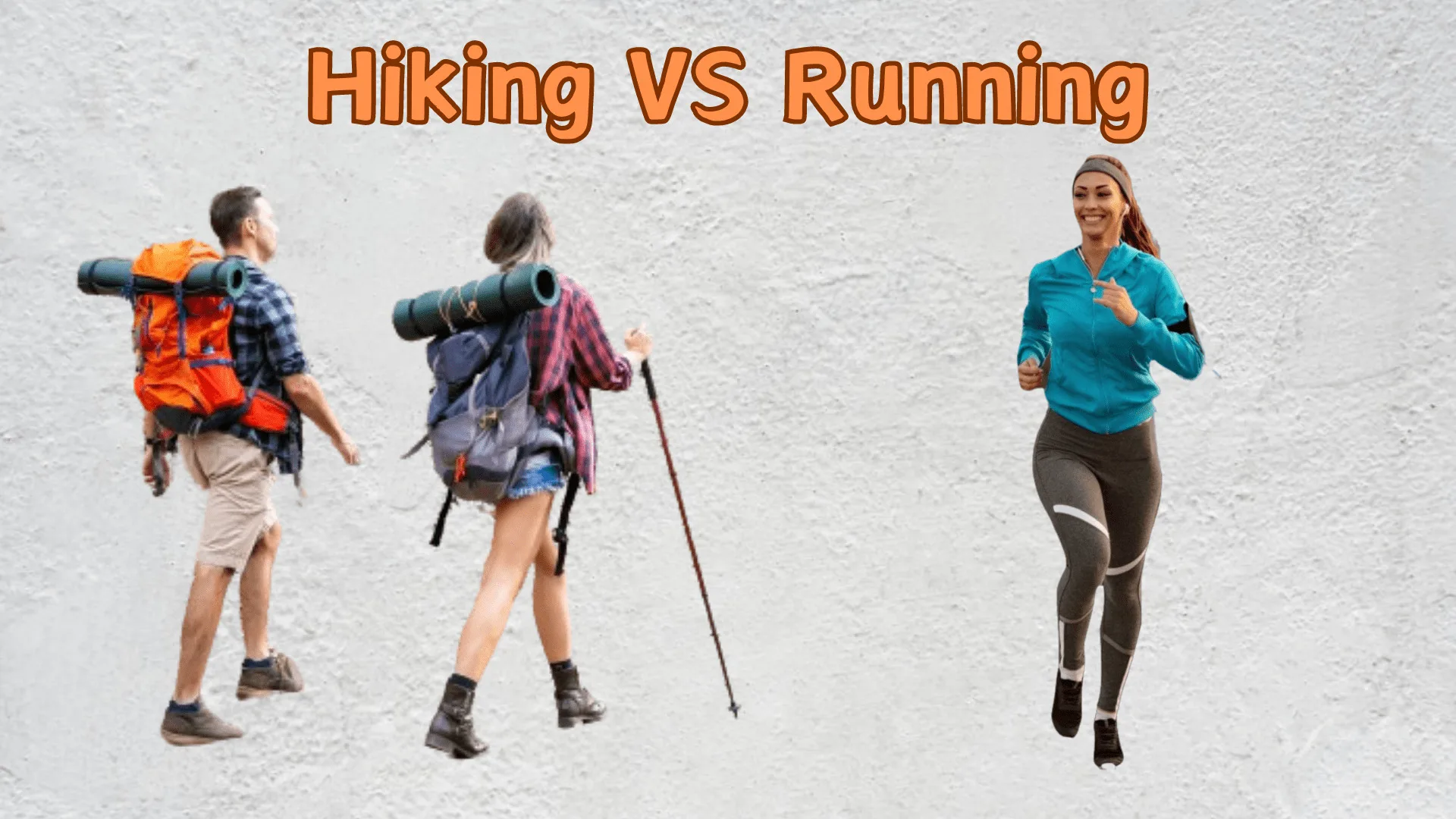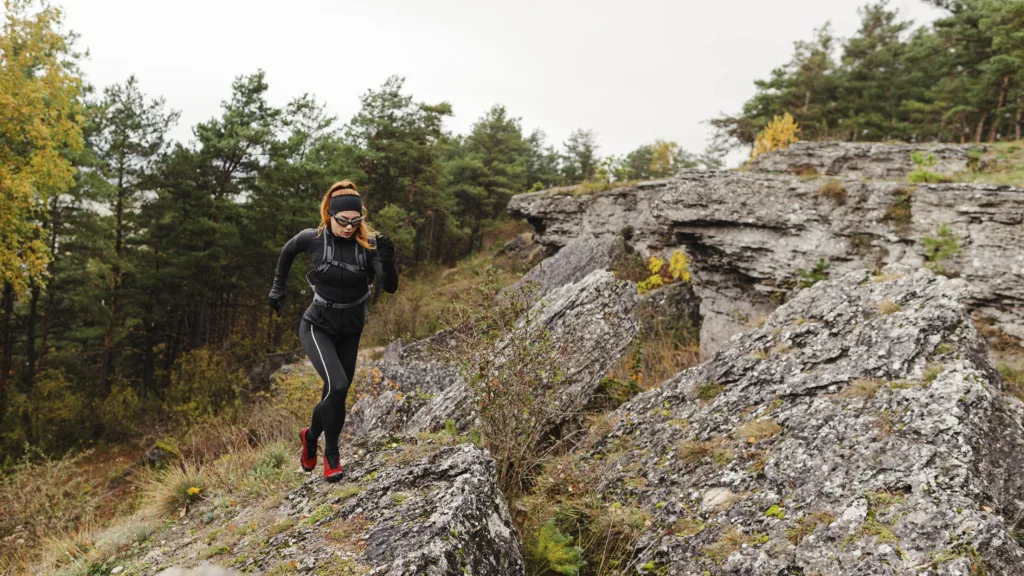Embark on a transformative adventure with our meticulously designed 12 week Hiking Training Program. Elevate your endurance, conquer challenging terrains, and emerge as a seasoned hiker. Our program is crafted for enthusiasts seeking mastery in hiking, ensuring you are well-prepared for the challenges that lie ahead. Join us on the path to peak performance and trail mastery, starting your journey to becoming a proficient hiker in just 12 weeks.
Week 1-3: Building the Foundation
Understanding Your Fitness Baseline
Before diving into the trails, assessing your fitness level is crucial. Evaluate your cardiovascular endurance, strength, and flexibility. This baseline assessment will help tailor the training program to your specific needs.
Cardiovascular Conditioning
Begin with brisk walks and gradually progress to incline hikes. Incorporate interval training to boost stamina. Aim for at least 30 minutes of moderate to high-intensity cardio thrice weekly.
Strength Training for Trail Resilience
Engage in full-body strength exercises such as squats, lunges, and core workouts. Strengthening your muscles is fundamental to tackling elevation changes and uneven terrain.
Week 4-6: Intensifying the Regimen
Elevation Gain Training
Simulate trail conditions by introducing uphill and downhill hikes. Focus on increasing the elevation gain gradually to prepare your muscles for varied terrains.
Load Bearing Exercises
Incorporate a backpack with incremental weight to simulate the load you’ll carry during hikes. This enhances your body’s ability to handle additional weight effectively.
Technical Skills Workshop
Take this opportunity to hone your hiking skills. Learn about navigation, proper gear usage, and emergency protocols. A well-equipped hiker is a confident hiker.
Related: The Benefits of Fasted Cardio for Mental Clarity and Focus
Week 7-9: Pushing Limits
Extended Duration Hikes
Now is the time to extend your hiking duration. Aim for 4-6 hours on the trail to acclimate your body to prolonged exertion.
Terrain Specific Training
Identify the type of terrain you’ll encounter during your hikes. Tailor your training to match these conditions, whether it’s rocky paths, dense forests, or steep inclines.
Mind and Body Synchronization
Explore mindfulness practices to cultivate mental resilience. Meditation and focused breathing can significantly enhance your hiking experience.
Week 10-12: Fine-Tuning for Peak Performance
Peak Bagging Simulations
Simulate summit attempts to test your overall preparedness. This involves challenging hikes with significant elevation gains, mimicking the conditions of your goal hikes.
Tapering for Optimal Performance
In the final weeks, reduce training intensity to ensure your body is in peak condition for the upcoming hikes. Focus on flexibility exercises and light cardio.
Nutritional Optimization
Fine tune your diet to support your increased activity level. Prioritize a well-balanced mix of carbohydrates, proteins, and healthy fats. Hydration is key; ensure you are well-hydrated throughout your training.
Embarking on a 12 week hiking training program requires dedication, but the rewards are unparalleled. Our commitment is to guide you towards not just conquering trails but enjoying every step of the journey. This comprehensive program is designed for enthusiasts who seek mastery in hiking, ensuring you are well-prepared for the challenges that lie ahead.
Can Hiking Replace Running for Your Fitness Goals?
We delve into the age-old debate: Can hiking truly replace running in your pursuit of fitness? This comprehensive exploration aims to provide clarity on the matter, offering insights into the benefits, challenges, and overall effectiveness of hiking as a viable alternative to running.
Related: The 12 Best Long Distance Running Shoes for an Extra Mile Boost
The Cardio Conundrum
Running: A Classic Cardio Choice
Running has long been celebrated as a quintessential cardiovascular exercise, renowned for its efficiency in burning calories and improving cardiovascular health. Its accessibility and simplicity make it a favorite among fitness enthusiasts.
Hiking: Nature’s Cardiovascular Workout
On the other hand, hiking presents a unique cardiovascular challenge. The varying terrains, inclines, and declines engage different muscle groups, elevating your heart rate while offering a refreshing connection with nature.
The Caloric Burn Battle
Running: High Intensity, Swift Burn
Runners often relish the high-intensity burn associated with their activity. The rapid pace and continuous movement contribute to a substantial caloric expenditure, making it an effective choice for weight management.
Hiking: Sustained Caloric Torch
Hiking, though generally at a lower intensity than running, compensates with sustained exertion. The longer duration of hikes can result in a comparable or even higher overall caloric burn, particularly during uphill climbs and challenging trails.
Impact on Joint Health
Running: High Impact, High Reward
The high-impact nature of running can be a double-edged sword. While it strengthens bones, it may pose challenges for those with joint issues. Runners often contend with the risk of injuries, especially to the knees and ankles.
Hiking: Low-impact, Joint-Friendly
Hiking, with its softer surfaces and varied terrains, offers a low-impact alternative. It provides an excellent cardiovascular workout without subjecting your joints to the repetitive stress associated with running.
Muscle Engagement and Diversity
Running: Focused Muscle Activation
Running predominantly engages the lower body muscles, emphasizing the quads, hamstrings, and calves. While it contributes to lower body strength, it may lack the overall muscle diversity targeted during hiking.
Hiking: Full-Body Integration
Hiking demands a comprehensive engagement of muscles. The uneven terrain activates not only the lower body muscles but also recruits the core, back, and stabilizing muscles, promoting a more holistic strength development.
The Mental Health Trail
Running: Stress-Busting Strides
Running is celebrated for its stress-relieving benefits, attributed to the release of endorphins. The rhythmic nature of running can provide a meditative experience, contributing positively to mental well-being.
Hiking: Nature’s Therapy
Hiking, immersed in natural surroundings, offers a therapeutic escape. The mental health benefits extend beyond endorphin release, incorporating the calming effects of nature and the sense of accomplishment from conquering trails.
In the discourse of hiking versus running, both activities offer unique advantages. We advocate for embracing the diversity of these exercises based on individual preferences and fitness goals. Whether you lace up your running shoes or opt for hiking boots, the key is finding an activity that aligns with your lifestyle and brings you joy. After all, the best exercise is the one you enjoy and consistently integrate into your routine.
FAQs:
Q1: What is the duration of the Hiking Training Program?
A1: The program spans 12 weeks, divided into four distinct phases, each focusing on specific aspects of hiking preparation.
Q2: How can I assess my fitness baseline during the first three weeks?
A2: Evaluate your cardiovascular endurance, strength, and flexibility before starting. This baseline assessment guides the customization of the training program to meet your individual needs.
Q3: What nutritional aspects should be prioritized in the final weeks of the program?
A3: Focus on a well-balanced mix of carbohydrates, proteins, and healthy fats. Additionally, ensure proper hydration to support increased activity levels.
Q4: Can hiking be a suitable replacement for running in terms of cardiovascular exercise?
A4: Yes, hiking can be a viable alternative to running for cardiovascular exercise. It offers a unique challenge with varied terrains, engaging different muscle groups while providing a refreshing connection with nature.
Q5: How does the caloric burn of hiking compare to running?
A5: While running involves high-intensity burns due to its rapid pace, hiking compensates with sustained exertion. The longer duration of hikes can result in a comparable or even higher overall caloric burn, especially during uphill climbs and challenging trails.






